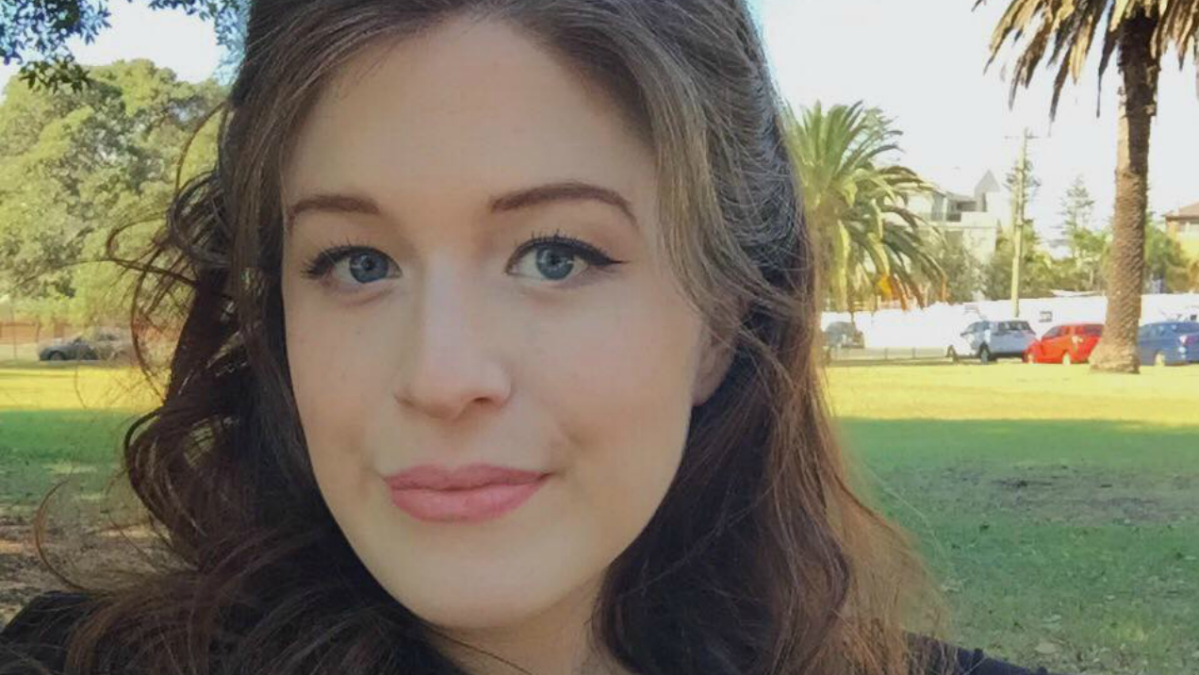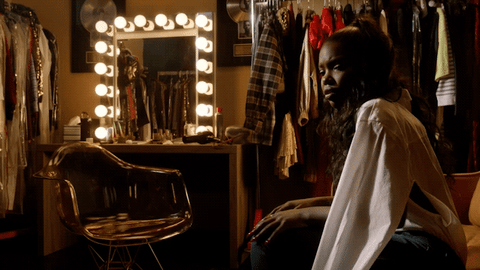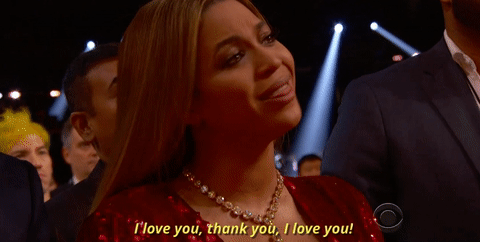
I was born and raised in Latin America, in a country where the threat of rampant sexual violence is scarred into the psyche of every little girl.
In one of the worst incidents I woke up on my own bed, drugged, with two men groping me and trying to rip my clothes off. I was 16. This, along with many other similar incidents, was the foundation block for my PTSD, which entered my life when the scars of sexual assault collided with being diagnosed with chronic disabling pain.
In 2014-15 I was diagnosed with endometriosis, fibromyalgia, and a brain cyst. All conditions have worsened since then, and now I also suffer from vaginismus and nerve damage, as well as childbirth-like pelvic contractions.
Sex has now become physically impossible, and excruciatingly painful if I even try. The mental and physical pains associated with sex (guilt, shame, blame) reignited the psychological pain of sexual assault, which I had never properly dealt with.
I blocked it all out, compartmentalising instead of facing both the mental and physical scars head on. Then, during a toxic relationship, I felt pressured to engage in sex and felt guilty when I couldn’t.

The guilt consumed me every second of every day. Eventually the psychological trauma of feeling forced to engage in sex when I didn’t want to, or when it was too painful, led me to shut down completely.
This is when the first symptoms of PTSD started, with the self-inflicted emotional torture convincing me I wasn’t a good girlfriend, a good partner in life, because there was ‘something wrong with me’ and I was ‘broken’.
I’d have anxiety attacks whenever my partner would try to initiate sex, and eventually the anxiety would start as the sun went down in anticipation of ‘bed time’, in anticipation of reliving the trauma.
As the condition worsened, I’d tighten my arms around my chest as a protective ‘shield’ and start shaking uncontrollably whenever he tried to kiss me. I’d shut my lips tightly and push my head back as far as I could, with tears rolling down my cheeks because I couldn’t reciprocate the kiss of someone I loved dearly at the time.
This physical reaction would go on the entire time he’d keep ‘trying’ to initiate sex, and it always felt like an agonising long time. When he relented I’d have a full blown anxiety and manic depressive episode, and what felt like emotional torture would ensue when both him and myself would make me feel guilty and inadequate as a woman and a partner.
This would happen at least once every week, if not more often, and countless times he ‘tried again’ when my tears were still fresh from the last attempt.
As the relationship deteriorated so did the PTSD, and eventually I ended the relationship when I came to terms with the fact that I couldn’t keep the promise I’d made to him that I would ‘fix’ whatever was wrong with me.

Nowhere during the 10 sessions I could have with a therapist (courtesy of our royally flawed mental health care support system), was I told the only thing I needed to hear: “You are not fundamentally broken. There is nothing wrong with not wanting to have sex because it hurts.”
I kept forcing myself to do something neither my mind or body would allow me to do, and he kept forcing himself to be okay with a sex-less life when we both knew how much it meant to him.
Coming out of this relationship I was fundamentally convinced that I would never be able to be intimate again, or have a long-term happy relationship. I still felt broken, and it had been engrained in me that no man would ever want a relationship with someone who can’t provide the most basic of human needs.
I knew I couldn’t subject myself to that trauma again, both physically due to pain, but also due to my mental health. How could I be a good girlfriend if my PTSD didn’t even let me enjoy a simple kiss, and my body would recoil in pain at the slightest touch?
Years later, some medication, and an incommensurable amount of support, I’ve been able to successfully work through my PTSD. It took a lot of introspection, and a lot of learning about the unique ways we can experience life.
When it comes to my own sex life, my PTSD has been dormant for a long time since I’ve been with my current partner. His undying support, kindness, and patience helped me overcome the biggest obstacle, which was believing that I was incapable of being a good girlfriend due to my PTSD and illnesses.
When I met him, the first night we hung out I put all my cards on the table and told him about all my complex mental and physical health issues. We’re conditioned to believe that any man hearing that would comically do an emergency evacuation and jump out the window.
But the reality is that any potential partner worth your time will have the patience to get to know you, get to know your limits and the obstacles you may face. And together, little by little, you start crafting a sex life that works for both of you. It’s so important to challenge the presumed idea that if you’re not having penetrative sex then it’s not even worth it.

I never believed that my PTSD would leave me in its totality. I still experience flashbacks, anxiety, and stress episodes whenever I remember the times I was sexually assaulted as a woman growing up in Latin America, and relive the unnerving guilt of feeling fundamentally inadequate as a woman.
The #metoo movement has been a double-edged sword. People are a lot more conscious of the prevalence and severity of sexual assault, which has vastly improved the level of support, empathy, and compassion I’ve received when telling my story as a survivor of sexual assault. But there is a darker side for me, and for countless other survivors.
The last few weeks with the Judge Kavanaugh case and the high-profile domestic violence murders of women in Australia has increased my levels of stress and anxious self-harm. I’ve been compulsively picking the skin around my nails in all ten fingers until they’re all bleeding and throbbing in pain.
The most triggering aspect for me hasn’t been the allegations, but the toxicity of the debate around sexual abuse and harassment. One thing is reading it from comments on the internet about Dr. Christine Blasey-Ford’s brave testimony.
Another is when the people closest to you, your own family, ask ‘well why didn’t you lock the door?’ when you open up about your own sexual assault experiences for the very first time. This is what has made me reluctant to talk about my PTSD and past abuse.
I feel many people are more receptive and understanding of PTSD in the context of military service, or being a member of emergency services, or having experienced terrorism and fleeing war. But when PTSD is discussed in the context of sexual abuse we’re labelled as being ‘professionally offended’ or ‘snowflakes’ who need to toughen up.

We’re accused of maliciously trying to ruin the reputation of all men; we only need to look at the defacing of Eurydice Dixon’s memorial or even the president of the United States mocking survivors of assault while claiming it’s a difficult time to be a young man.
What hurts the most is the incessant blaming of victims… The immediate ‘well why didn’t she…?’ instead of ‘why the hell did he?’…The questioning of their credibility because they didn’t come forward earlier, while simultaneously disparaging their credibility once they do.
And when you hear those comments by strangers being echoed by your loved ones, that’s the real heartbreak in my experience with PTSD.
If you or someone else needs support in a crisis situation please call BeyondBlue on 1300 22 4636 or Lifeline on 13 11 14 for 24/7 counselling.
Got a story you think people need to hear? Send it through to yourstories@pedestriangroup.com.au



